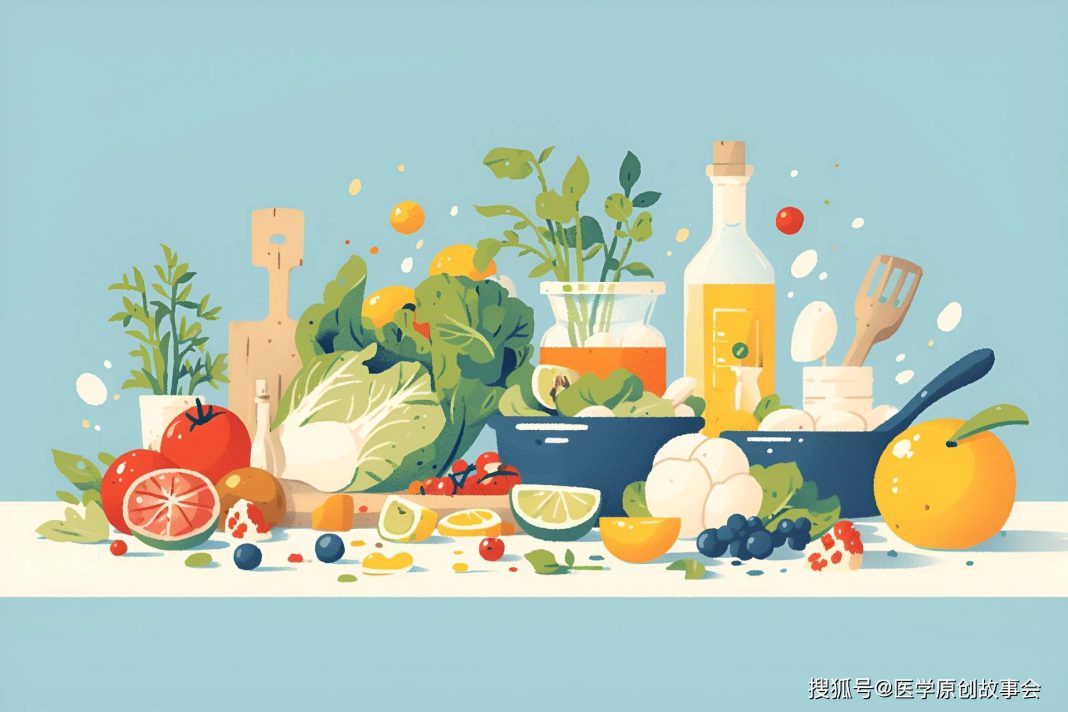Everyone knows that sodium is crucial for the human body. The main source of sodium intake for people every day is salt because the main component of salt is sodium chloride. Sodium is an essential electrolyte for the body. If there is a sodium deficiency, not only will a person feel weak, but a severe deficiency could also lead to life-threatening situations.
However, what many people are unaware of is that besides sodium, there is another essential electrolyte needed by the body, and that is potassium.
Once a person lacks potassium, various discomforts can arise such as weakness, muscle weakness, bloating, irregular heartbeat, and so on. The danger of low potassium levels even surpasses that of low sodium levels. Failure to promptly detect and treat low potassium levels can even endanger life.
During summer, it is quite common for people to experience low potassium levels. This is primarily due to the increasing temperatures in summer. Workers in construction, air conditioner installation, and those engaged in activities under high temperatures tend to sweat profusely, leading to easily occurring low potassium levels. Furthermore, summer is the peak season for sports activities, and many people enjoy marathon running. With rising temperatures, vigorous physical activity followed by excessive sweating can also result in low potassium levels.
Summer is a season where acute gastroenteritis easily occurs. This is mainly because during summer, many people prefer raw foods, combined with the higher temperatures that lead to food spoilage, resulting in symptoms like vomiting and diarrhea. Through these gastrointestinal issues, potassium is lost from the body, leading to low potassium levels.
In summer, with the hot temperatures, the appetite of many middle-aged and elderly people decreases. Due to reduced food intake, if their diet is too selective, then they might consume very few potassium-rich foods. Inadequate potassium intake can also lead to low potassium levels.
As a medical professional, it is important to inform everyone that experiencing pronounced weakness particularly after working in high temperatures, engaging in intense physical activity, or following vomiting and diarrhea, likely indicates a potassium deficiency. Timely potassium supplementation is crucial.
Replenishing potassium in summer ensures a healthy body. It is recommended that middle-aged and elderly individuals consume 5 types of potassium-rich foods for stronger legs and overall health.
Firstly, in summer, remember to consume leafy greens.
Summer is the season with the widest variety of leafy greens. While many prefer rich meals during summer, it is essential to remember to include leafy greens in the diet.
If you think that leafy greens only provide dietary fiber, you are mistaken. Vegetables are also rich in potassium. Leafy greens like spinach, amaranth, and chives are potassium-rich options.
Secondly, in summer, don’t forget to eat fruits.
During summer, it is important to consume both vegetables and fruits. Fruits are rich in dietary fiber and potassium. Choices like bananas, apples, oranges, and watermelons are excellent options.
Thirdly, in summer, remember to include legumes in your diet.
I highly recommend legumes as they contain high-quality protein. Legumes are rich in nutrients, including potassium. During summer, options like soybeans, kidney beans, broad beans, red beans, and green beans are great choices. Imagine savoring a bowl of green bean soup on a hot summer day, not only does it cool you down, but it also replenishes potassium.
Fourthly, in summer, don’t forget to consume tubers.
Tubers include sweet potatoes, potatoes, yams, taros, and sweet potatoes. As a medical professional, I recommend tubers not only for their high starch and dietary fiber content but also for their abundant potassium, making them a good choice for potassium supplementation.
Finally, in summer, remember to incorporate coarse grains into your diet.
With improved living conditions, refined rice and flour have become staples in households. However, consuming overly refined foods may not be beneficial as they are easily digested, leading to consuming more without feeling satiated. Many people are not fond of coarse grains due to their taste, but as a medical professional, I recommend their consumption. Coarse grains are rich in dietary fiber, promoting intestinal health, and are also a good source of potassium. Coarse grains like oats, barley, quinoa, and buckwheat are excellent choices for potassium supplementation.


